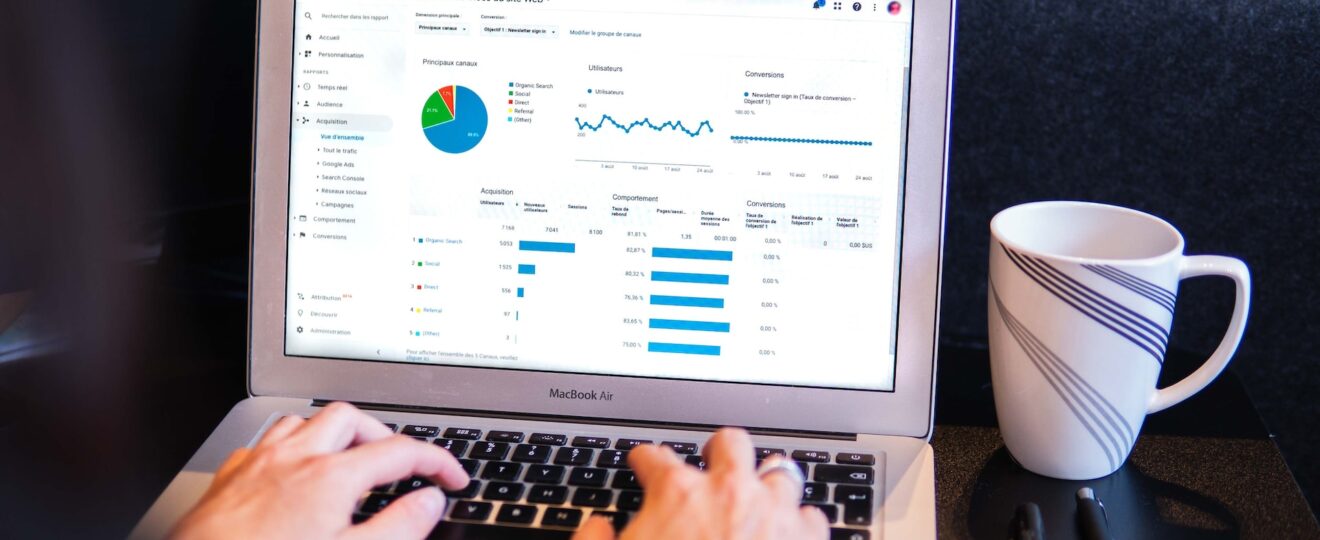The role of a data analyst has become increasingly important in today’s data-driven world. As companies generate and collect vast amounts of data, the need for professionals who can analyze and interpret this data has grown exponentially. A data analyst is responsible for collecting, processing, and performing statistical analyses on large amounts of data to help organizations make informed decisions.
If you’re interested in graduate data analyst jobs in the UK, there are certain skills you’ll need to have to increase your chances of getting hired. In this blog post, we’ll explore the key skills you’ll need to become a successful data analyst.
Data Analysis
Data analysis is the most important skill you need as a data analyst. This skill involves being comfortable working with large datasets, using statistical methods to analyze data, and being able to interpret and communicate the results of your analyses. You should be proficient in programming languages such as Python or R, as well as data visualization tools such as Tableau or PowerBI.
These tools will help you to clean and prepare data for analysis, perform complex statistical analyses, and create visually appealing reports and dashboards.
One important aspect of data analysis is the ability to clean and prepare data. You will need to be able to identify and remove duplicates, missing values, and outliers, as well as transform data into a format that is suitable for analysis.
The next step is to use statistical methods to analyze the data. You should be familiar with a wide range of statistical techniques, such as regression analysis, hypothesis testing, and time-series analysis. Finally, you should be able to interpret and communicate the results of your analyses to stakeholders clearly and concisely.
Problem-Solving
As a data analyst, you’ll often be presented with complex problems that require creative solutions. You’ll need to be able to break down these problems into smaller, more manageable pieces and then develop a plan to solve them.
This requires strong critical thinking and problem-solving skills. You should be able to identify the key components of a problem, evaluate potential solutions, and choose the best approach based on the available data.
This might involve identifying patterns in the data, testing different hypotheses, or exploring different scenarios. You should be comfortable working with both structured and unstructured data and be able to adapt to changing requirements and constraints.
Communication
Being able to communicate your findings to stakeholders clearly and concisely is a critical skill for any data analyst. You should be able to explain complex data analysis concepts in layman’s terms and be able to present your findings using data visualization tools.
Effective communication is essential for ensuring that your work is understood and acted upon by decision-makers. You should be able to create reports, presentations, and dashboards that clearly convey your findings and recommendations. You should also be able to listen actively to feedback and questions and respond to them in a clear and informative way.
Business Acumen
As a data analyst, you’ll be working closely with business stakeholders, so it’s important to have a solid understanding of business operations and strategy. This includes understanding the key performance indicators (KPIs) that are important to the organization, as well as the overall goals and objectives of the business.
You should be able to translate business requirements into data analysis tasks and be able to identify opportunities for data-driven improvements. You should also be familiar with industry trends and best practices and be able to leverage this knowledge to inform your analysis and recommendations.
Attention to Detail
When working with large datasets, it’s easy to make mistakes. That’s why attention to detail is such an important skill for data analysts. You’ll need to be able to spot errors in your data and be diligent about checking your work to ensure accuracy.
Attention to detail involves being thorough and meticulous when working with data. You should be able to spot patterns, outliers, and anomalies in the data and be able to determine whether they are significant or not. You should also be able to verify the accuracy of your work by double-checking calculations and validating assumptions.
Continuous Learning
Finally, data analytics is a rapidly evolving field, and it’s important to stay up-to-date with the latest tools and techniques. This means being committed to continuous learning, whether that’s through online courses, industry conferences, or simply staying up-to-date with the latest research in the field.
You should be constantly seeking out new learning opportunities to improve your skills and stay current with industry trends when looking for data analyst jobs. This might involve learning new programming languages, exploring new data analysis tools, or attending industry events to network with other professionals.
In conclusion, becoming a successful data analyst requires a combination of technical, analytical, and soft skills. By developing these skills, you can position yourself as a valuable asset to any organization looking to make data-driven decisions. A strong foundation in data analysis, problem-solving, communication, business acumen, attention to detail, and continuous learning will set you apart from other candidates and make you an ideal candidate for any data analyst position.









